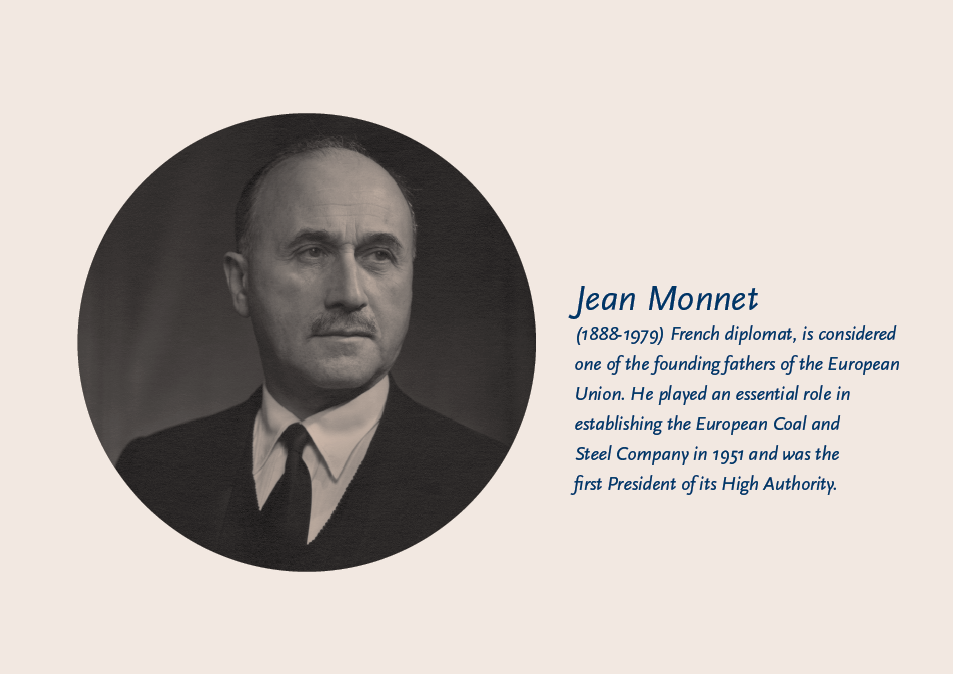Latest blog articles
-
Jean Monnet (1888-1979) is, in some ways, an unlikely person to be honoured by having a university hall called after him. Indeed, Monnet left school at the age of sixteen, never obtained a university degree, and indeed never started university studies. He grew up in the city of Cognac as the son of...
-
Union citizens have the right to be accompanied by their ‘spouse’ when exercising their mobility rights. But what if your spouse is denied right of residence because the destination Member State does not recognise your marriage?
-
Can Member States prohibit pupils from attending education abroad, simply on the belief that it might hamper the integration of the children into society? But what of possible justification grounds?
-
Can Member States of the EU prohibit pupils from attending education abroad, simply on the belief that it might hamper the integration of these children into society? If this sounds extreme, read on.
-
The Central European University is facing severe restrictions after a modification to the Hungarian Higher Education Act. This blog article argues that EU free movement law could be relied upon to challenge that amendment and that, considering the particularly egregious violation of Union law at...
-
Following the conclusion (ratification) of the United Nations Convention on the Rights of Persons with Disabilities (CRPD), the EU is bound by the Convention to the extent of its competences, including in the field of non-discrimination.
-
To counter misuse of student visas the Saxion University of Applied Sciences applies a so called ‘quota system’ for students from ‘risk countries’. The question is whether a quota is an appropriate instrument and if it is not in conflict with (European) law. This blog is only available in Dutch.
-
Legitimacy in the political sense can be defined as an inquiry into the justification for the exercise of public authority. Or put differently: it is the reason why I, being part of society, should accept laws and regulations that bind me.
-
The 2015 Migrant Integration Policy Index (MIPEX) update highlights and confirms the shift towards a restrictive migration and integration policy in the Netherlands. Overall, the Netherlands dropped to the eleventh place in the MIPEX ranking, down from the fifth in 2010.
-
A few days ago the first chamber of the Dutch parliament finally agreed to amend the Law on study finance (Wet studiefinanciering 2000) so as to introduce a ‘social loan system’. In essence, the amendment implies that future students will no longer receive basic support (basisbeurs) in the form of a...








